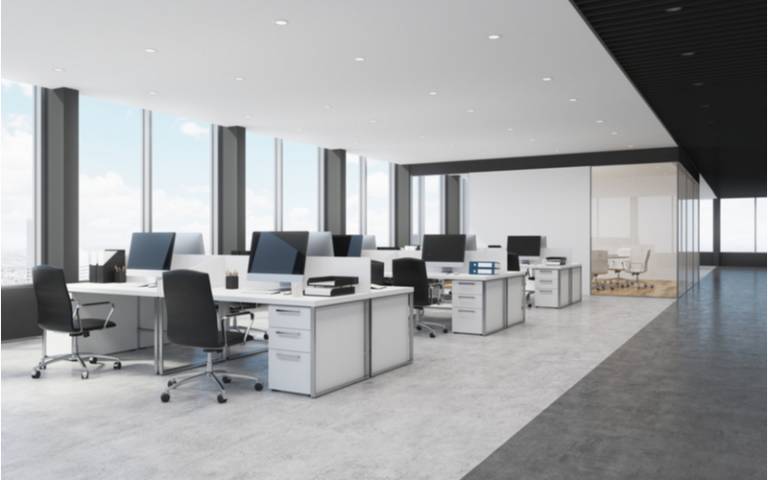COVID-19: impacts of new working patterns on governance and the commercial property market
28 May 2020
BSP's Dr Stefania Fiorentino is working with COST to assess the impacts of new working patterns on planning governance and the commercial property market.

BSP's Dr Stefania Fiorentino is the UK Representative member for the EU funded COST Action project "The Geography of New Working Spaces and the Impact on the Periphery". The action brings together researchers across Europe working on new working spaces and practices that have helped to create new commercial spaces such as co-working spaces, maker spaces, incubators and flexible offices. The project also has the specific aim of understanding the role of shared and flexible office facilities in more peripheral locations. The COST fosters collaborative research and have worked to build a unified framework for comparative studies across the participating countries.
The project connects to Stefania’s doctoral research and additional research work looking at the cases of London and Rome led by Stefania and Dr Nicola Livingstone and published in the edited volume “Doing and Undoing Workplaces in the Knowledge Economy. Geographies, Planning, and Policies” in press, to be published by Springer.
Building on the collaborations set in the COST, Stefania won a grant as visiting at Vrije Universiteit Brussels (VUB) to look at the regenerative role of co-working spaces as social infrastructure in Brussels. This has been postponed due to COVID-19 pandemic.
Building on the current emergency, understanding the impacts on working spaces and the way commercial real estate will be reshaped in the recovery phase post COVID-19 has become a timely topic. As part of the COST action, they are looking at the impact of COVID-19 on the co-working spaces and possible horizons over the future on working spaces in urban areas and peripheral locations.
COST host regular webinars to stimulate discussion and interview space managers and users on their facebook page. You can also visit their twitter page, which is a hub of news on the topic. A survey to understand the disruptions caused to co-working spaces in the various countries by COVID-19 is also in the making.
More work on the future of working spaces is in the pipeline, looking at two mainstreams of research:
1) the value of delivering co-working spaces as social infrastructure that will be specifically relevant for peripheral and less economically advantaged locations to foster economic and social inclusion;
2) the financial and real estate implications of increased remote working, changes in corporate real estate strategies and standards, and therefore of a reduced demand of prime office spaces in central locations.
 Close
Close

